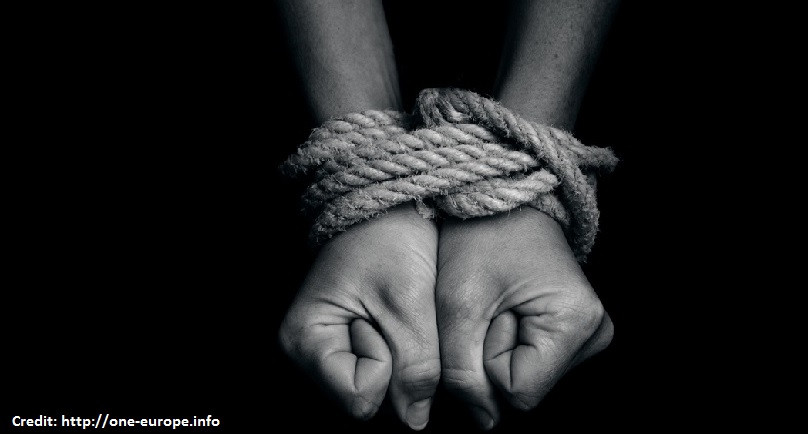By Hera Hoi – EM TV Online
Trafficking, the modern day’s slavery is highly overlooked by many and misunderstood by the mass public of Papua New Guinea. The International Organization for Migration (IOM) and the United States Embassy are working closely with the Papua New Guinea Government to combat trafficking in the country.
The recent announcement of significant funding that has been made available to Papua New Guinea and the Solomon Islands by the United States Government, shows that trafficking is becoming increasingly evident in Papua New Guinea and needs to be properly addressed.
While trafficking can involve the use of people moved across borders for involuntarily servitude, recent data has shown that trafficking in Papua New Guinea is largely confined within the country with locals using their own citizens.
Because there are so many people who still do not understand the concept of human trafficking and the gravity of this crime, the first instalment of Papua New Guinea’s US$500,000 will be to provide education for people at risk.
What is human trafficking?
Human trafficking is the recruitment and transfer of persons, through coercion or deception, for the purpose of exploitation. Furthermore, trafficking may or may not involve the movement of people across borders. Trafficking can be forcing under-aged girls to marry against their will; it can be the giving up of girls for sexual purposes from one clan to another during a reconciliation process. Trafficking can be forced prostitution of a local or foreign female in nightclubs. It can even involve those forced to work without proper remuneration. Any form of child exploitation is also trafficking, as well as taking advantage of those who are vulnerable and unprotected.
George Gigauri, IOM’s chief of mission in Papua New Guinea, whose work began four years ago, told Radio Australia in an interview that the organisation is addressing trafficking within the country in three different aspects.
The first is the research component. Gigauri says we need to know the scale of the crime being committed in the country.
Secondly, there’s the aspect which involves creating legislation and norms within the country. In this regard, the IOM is working with the government to partner to make sure the legislative framework is there.
There is also the aspect of social awareness; Gigauri explains that the IOM’s presence in Papua New Guinea aims to ensure widespread public knowledge and understanding of the issue.
Whilst the law for criminalising trafficking was passed last year, enforcing it still seems to be another issue.
Despite this, IOM’s Gigauri is confident that the significant funding from the United States Government will assist them to continue their project in Papua New Guinea, which is in its third stage.
Although there seems to be a lot more that needs to be done to combat trafficking, Gigauri believes that their program will be successul.


